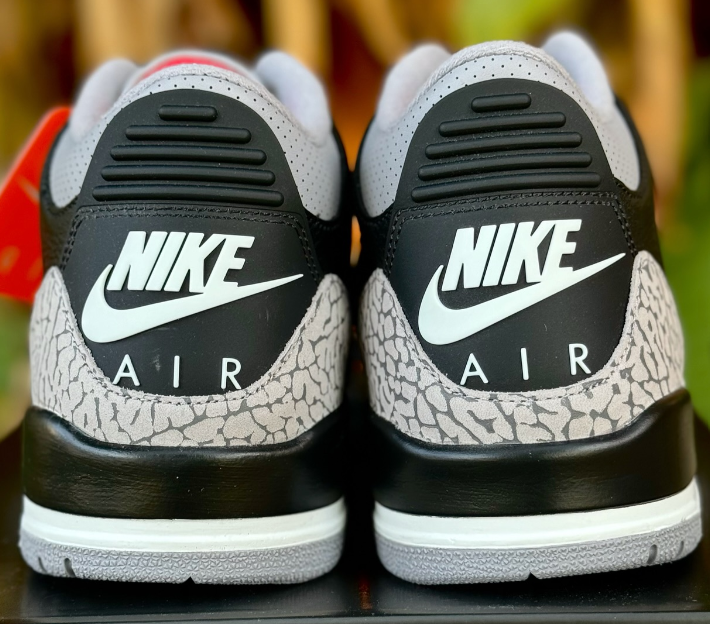antonlavey
Banned
- 28,210
- 847
- Joined
- Oct 13, 2008
Again, this thread is useless without literature......Originally Posted by Joseph Camel Jr
Originally Posted by AntonLaVey
How do we compare quantified amounts of both? What is the weed equivalent of a shot of vodka?
It doesn't even matter. Quantities are irrelevant. Drinking more than 1 or 2 (for males) drinks in an hour is already more harmful than smoking marijuana.
Once we take into consideration the amount of alcohol normally consumed to reach intoxication, the high toxicity of alcohol, the possible risks of overdose, the long-term affects of alcohol abuse (which include elevated risks for mouth, throat, stomach, bladder, liver, and colon cancers, among others), it's not even a discussion.
For any realistic scenario, barring the 1-drink-a-day for lowering BP drinkers, alcohol consumption is far more harmful and carries with it many more risks.
And if you were to do some real research on this you WOULD need to keep "quantities" in mind. It's like testing and comparing the effects of 2drugs on parkinson's disease by giving arbitrary doses. That's lousy research.





 : 445-77.
: 445-77. 





